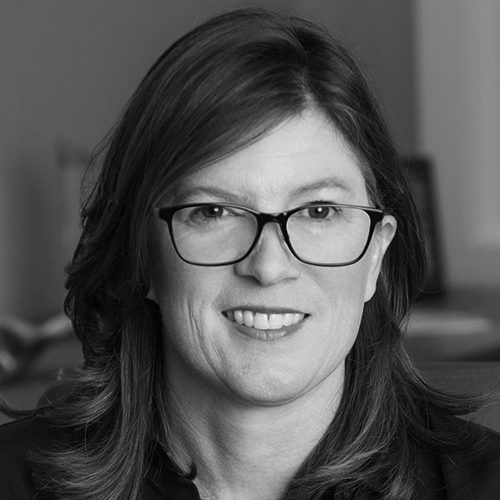
Dr. Lynn Tincher-Ladner
President and CEO, Phi Theta Kappa Honor Society
Community colleges are filled with great students. Last year alone, more than 80,000 community college students completed an associate degree with grade point averages that were near perfect. Each year, a national panel of judges is given the almost impossible task of whittling down that group of 80,000 students to 20, as representatives of the prestigious All-USA Academic Team. So, what sets these students apart?
In the South, the members of the All-USA Academic Team would be referred to as “the crust on the biscuit.” They are the students who make the grades, while also committing themselves to activities that center around leadership, volunteerism, and scholarly research — all with the goal of being difference-makers on their campuses and in their communities.
Research points to the pressing issues facing higher education — state and federal funding shortfalls, affordability, mental health, food and housing insecurity, and concerns about student loan debt. But the real evidence comes from highlighting the work of the experts themselves — the students.
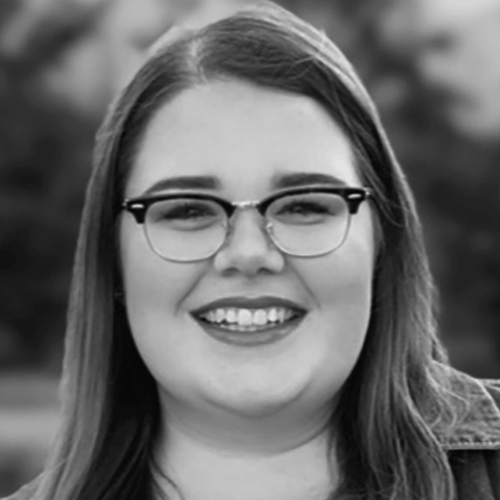
Savannah Berryman
Savannah Berryman lives in Tuscumbia, Alabama. After graduating from Northwest-Shoals Community College, she plans to transfer to the University of Alabama and then attend law school. Savannah works on a number of initiatives — covering food insecurity, voter registration, and Census awareness — but her primary passion is being an advocate for college affordability. Savannah works with the National College Attainment Network and Alabama Possible to educate congressional lawmakers and staffers on the diminishing power of the Pell Grant, and the need to increase it for low-income students.
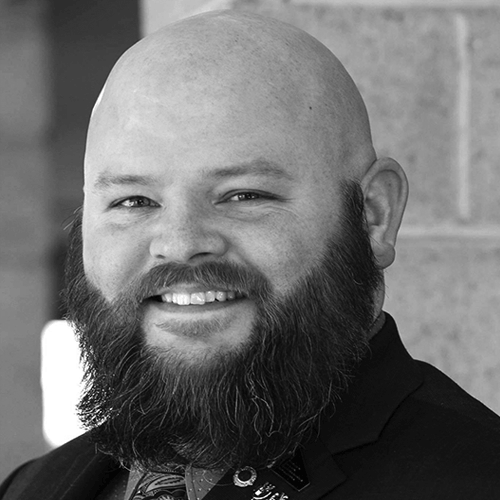
Jared Smith
Jared Smith is a non-traditional student and combat military veteran. He will soon complete his associate degree from West Virginia University at Parkersburg and ultimately plans to earn his master’s degree in human resources/human development. Smith’s singular focus is to improve the lives of disabled military veterans. He has served as president of the Ohio State Association of Veterans Service Commissioners, and assists the Ohio Department of Veterans Services in providing education and training to the Veterans Service Commissioners.
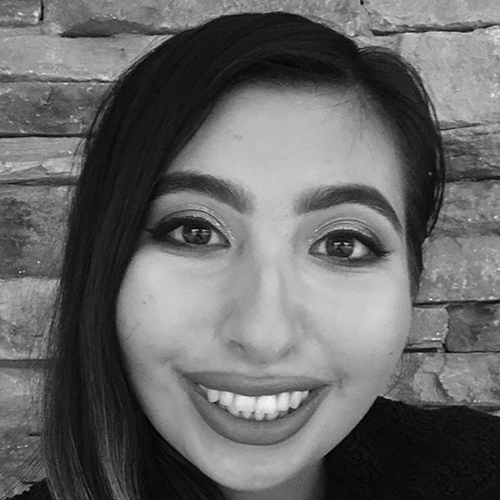
Yasaman Nassab
Yasaman Nassab is the first person in her family to go to college and will soon graduate from Irvine Valley College in California. She plans to complete a master’s degree in marriage and family therapy, and then earn a Ph.D. in clinical psychology. Nassab works with several nonprofits focused on improving mental health awareness. Most recently, she was accepted to the Stanford Arete Fellowship program, where she is helping to create a global mental health mobile phone application.
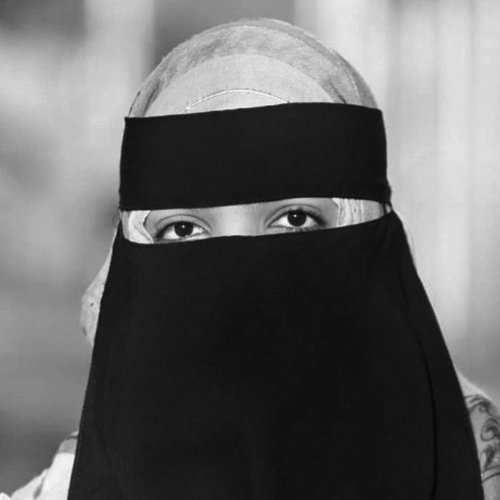
Samiha Syed
Samiha Syed will soon graduate from the College of DuPage in Glen Ellyn, Illinois, and then begin working toward a Ph.D. in medical research. Samiha volunteers at several local medical clinics, where she assists with the intake and patient health screenings of uninsured community members. In response to the COVID-19 pandemic, Syed created ChapsUnite, an organization focused on connecting students in need to resources ranging from mental health counseling and support groups, to virtual study groups, college resources, and basic needs assistance. ChapsUnite is now a permanent Student Leadership Council at the college and will continue to support students academically, socially, and emotionally.
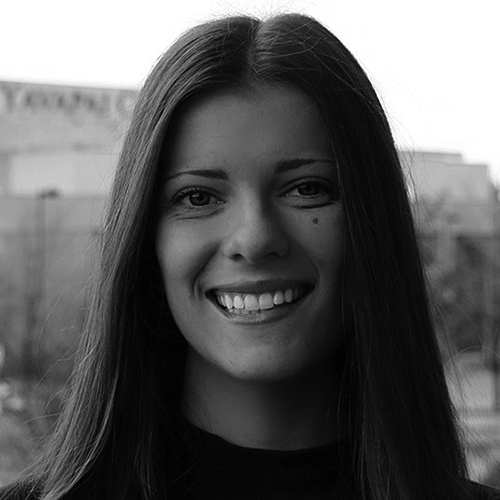
Kari Warne
Kari Warne is a single mom who is currently majoring in criminal justice at Yavapai College in Prescott, Arizona. She plans to continue her education in hopes of working as a member of law enforcement in federal intelligence. Warne’s research and volunteer efforts resulted in a collaboration with the National Center for Prevention of Community Violence to advocate for the “Actively Caring for People” (AC4P) community policing model, which she presented to Arizona’s 50 Associations of Chiefs of Police. She is active in working to address the issues impacting law enforcement, including first responder health and wellness.
There are numerous and varied issues facing higher education, but the future is bright. Where resources are lacking, students are stepping in and stepping up to show they want more than just an education; they want to ensure their colleges and communities are better places.

